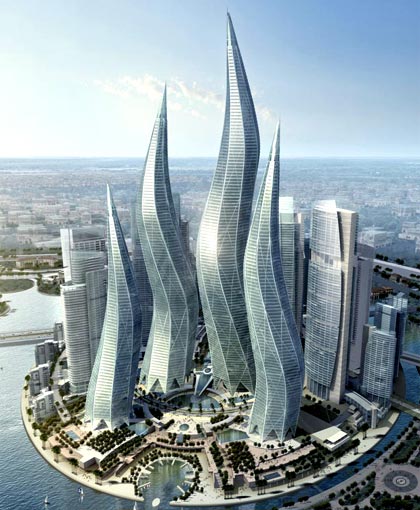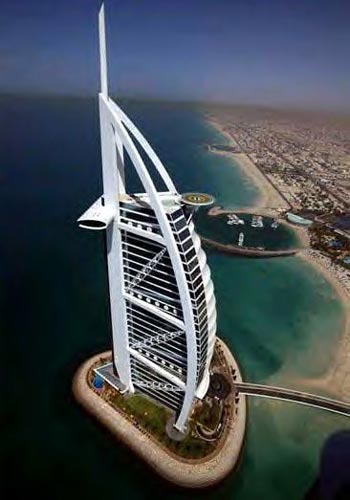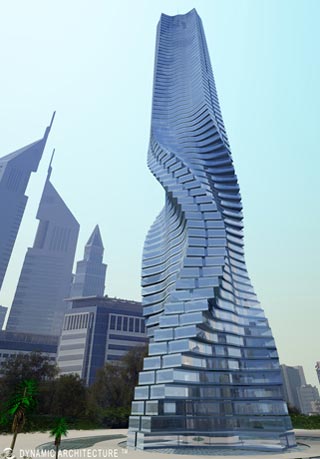You are hereBlogs / WcP.Watchful.Eye's blog / Dubai has 59-billion debt; endless sun, but no solar panels. What kind of modernity?
Dubai has 59-billion debt; endless sun, but no solar panels. What kind of modernity?

(quote)
*update*
October 2, 2019 DUBAI (Reuters) - Dubai continues to service its debt and is ready to take on more if needed, an economic official said on Wednesday, adding that current debt was $124 billion.
June 02, 2016 Dubai plans world's largest solar project
"This came as a big shock" – that Dubai is in debt by 59 billion and might not be able to pay its bills sent a wave of uncertainty rippling through markets just as investors thought the worst of the global financial instability was over. Once, Dubai was "like the new beacon for all the world's money" [HOME, the 2009 documentary]... "Dubai has endless sun, but no solar panels. It is the totem of total modernity that never fails to amaze the world. Nothing seems further removed from nature than Dubai, although nothing depends on nature more than Dubai. Dubai is a sort of culmination of the western model - we haven't understood that we're depleting what nature provides."

Dubai is a major hub of consump- tion in the world, a sort of culmination of the Western model, a country where the impossible becomes possible, building artificial islands in the sea, for example. Dubai has few natural resources, but with the money from oil, it can bring millions of tons of material and workers from all over the planet. Dubai has no farmland, but it can import food. Dubai has no water, but it can afford to expend immense amounts of energy to de-salinate seawater and build the highest skyscrapers in the world. Dubai has endless sun, but no solar panels. It is the totem of total modernity that never fails to amaze the world. Dubai is like the new beacon for all the world's money. Nothing seems further removed from nature than Dubai, although nothing depends on nature more than Dubai. Dubai is a sort of culmination of the western model - we haven't understood that we're depleting what nature provides.

Dubai Debt Woes Raise Fear of Wider Problem
Of the many countries that gorged on debt in the boom years, Dubai stood out. In the space of a few years the emirate’s investment arm, Dubai World, racked up $59 billion in debt, borrowing to build lavish developments like a giant island shaped like a palm tree to entice celebrities like Brad Pitt, and to invest in glittery properties like the MGM Grand Casino in Las Vegas. Now Dubai is stuck with a glut of real estate that no one wants to buy or rent. Creditors and markets had always assumed that when push came to shove, its oil-rich neighbor Abu Dhabi would bail out Dubai. But that assumption was called into question. The resulting fear that Dubai might not be able to pay its bills sent a wave of uncertainty rippling through markets just as investors thought the worst of the global financial instability was over.

In a worst-case contagion, Bank of America analysts wrote, “One cannot rule out — as a tail-risk - a case where this would escalate into a major sovereign default problem, which would then resonate across global emerging markets in the same way that Argentina did in the early 2000s or Russia in the late 1990s.” And not just emerging markets. “Dubai shows us that what we are now facing is a solvency issue, not a liquidity issue,” said Jonathan Tepper, a partner at Variant Perception, a research house in London that has been outspoken on the debt problems facing European economies.
Dubai is one of the few member states of the United Arab Emirates that has little oil wealth of its own. It acts as the trading, tourist and financial hub of the emirates. But it was assumed that the U.A.E.’s richest oil state, Abu Dhabi, would always bail out its free-spending neighbor. Dubai’s announcement on Wednesday, Nov. 25, 2009, reversed that presumption — even as investors fretted that Dubai risked a sovereign default that would ripple to developing nations.

While no one is expecting an outright default as long as global interest rates remain low — largely due to aggressive government bond purchases by central banks — concerns have been building for months that once these easing measures end, interest rates will spike and investors will become less willing to trust the word of heavily indebted governments.
(unquote)
Photos courtesy of HOME, Dynamic Architecture, TVS Associates, iacsit.org, and korfeztuning.com
Original Source: New York Times and HOME (2009 documentary film)



















It looks just like a big, greedy, ugly monster, ready to cut open the sky.
I expect to see more from you in the future with nice information like this one.